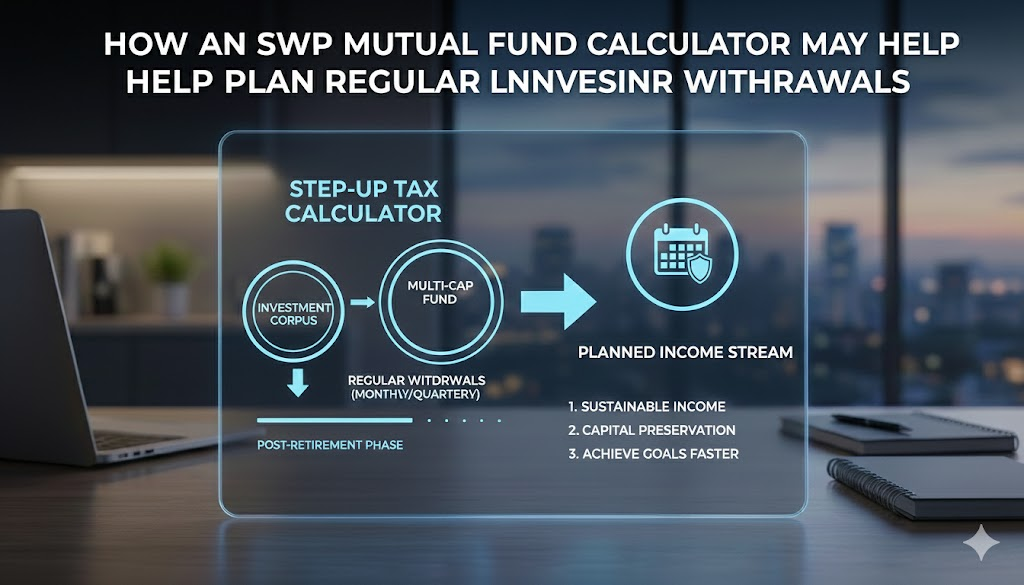If you’ve ever wondered whether to chase fast gains or build steady income from the stock market, you’re not alone. Many beginners and even expert investors face the same dilemma: should I take the risk with penny stocks, or should I play it safe with dividend stocks?
In 2025, this debate is louder than ever. With India’s markets hitting record highs, penny shares are catching attention for their potential to deliver multi bagger returns. At the same time, dividend paying companies are rewarding investors with consistent income, even during market swings. Both options sound appealing, but they serve very different purposes.
So, which should you pick? Let’s break it down.
What Are Penny Stocks?
Penny stocks are low priced shares, usually trading below ₹10-₹50 per share in India. These companies are often small cap or micro cap businesses with limited financial history.
Why investors are drawn to them,
- The entry price is low, making them accessible to small investors.
- A sudden business turnaround or market boom can make them multi baggers.
- They provide an adrenaline rush for those seeking quick profits.
However, penny stocks come with risks. They are volatile, illiquid, and sometimes even linked to speculative rumours. Not every penny stock becomes the next multibagger, many fade out completely.
What Are Dividend Stocks?
On the other hand, dividend stocks are shares of established companies that distribute a part of their profits back to shareholders regularly. These could be quarterly, half yearly, or annual payouts.
Why investors like them,
- They provide steady income in the form of dividends.
- These companies are often financially strong and less volatile.
- Investors benefit from both capital appreciation and regular cash inflows.
Classic examples in India include FMCG giants, PSU banks, and energy companies that have a long track record of rewarding investors.
Penny Stocks vs Dividend Stocks: Key Differences
When comparing penny stocks with dividend stocks, the differences are clear,
- Risk vs Stability: Penny shares are high risk, high reward, while dividend stocks offer stability.
- Liquidity: Dividend paying companies usually trade actively, whereas penny counters can be illiquid.
- Return Type: Penny shares rely solely on price growth; dividend stocks offer both price growth and income.
- Investor Type: Penny stocks suit aggressive risk takers; dividend stocks suit conservative, long term investors.
Think of it this way: penny shares are like a lottery ticket with potential for jackpots, while dividend shares are more like a fixed deposit that grows steadily with extra interest.
When Should You Consider Penny Stocks in 2025?
If you’re eyeing penny stocks in 2025, do it with caution. The Indian market is expanding, and some small cap companies may actually deliver great returns. For example, technology and renewable energy microcaps have shown promising growth in recent years.
But remember,
- Only allocate a small portion of your portfolio to penny stocks.
- Research company fundamentals carefully.
- Don’t get swayed by rumours or “hot tips.”
Penny stocks can be rewarding, but they are not for the faint hearted.
When Are Dividend Stocks the Better Choice?
For investors who prefer stability, dividend stocks are the safer bet. In 2025, with interest rates fluctuating and inflation concerns rising, many investors are leaning towards companies that guarantee steady payouts.
These stocks are ideal if you,
- want passive income alongside capital growth.
- are planning for retirement or long term wealth building.
- prefer lower volatility in your portfolio.
Dividend stocks may not make you rich overnight, but they will help you sleep peacefully while your wealth compounds steadily.
Final Thoughts
So, should you choose penny stocks or dividend stocks in 2025? The answer depends on your risk appetite and goals.
- If you are young and are willing to take risks, then allocating a small amount of the income to penny shares might pay off.
- If you value consistent income and stability, then dividend paying companies deserve a bigger role in your investment portfolio.
The smartest approach? Balance both types of shares in the investment portfolio. Use penny stocks for aggressive growth, but grow your wealth with dividend stocks. That way, you would not miss the thrill of high risk bets but still enjoy the safety net of reliable income.
Always Remember: The stock market rewards patience, discipline, and informed decisions. So before you place your next trade, ask yourself, am I chasing just short term gains or building long term wealth? The right answer could shape your financial journey in 2025 and beyond.



